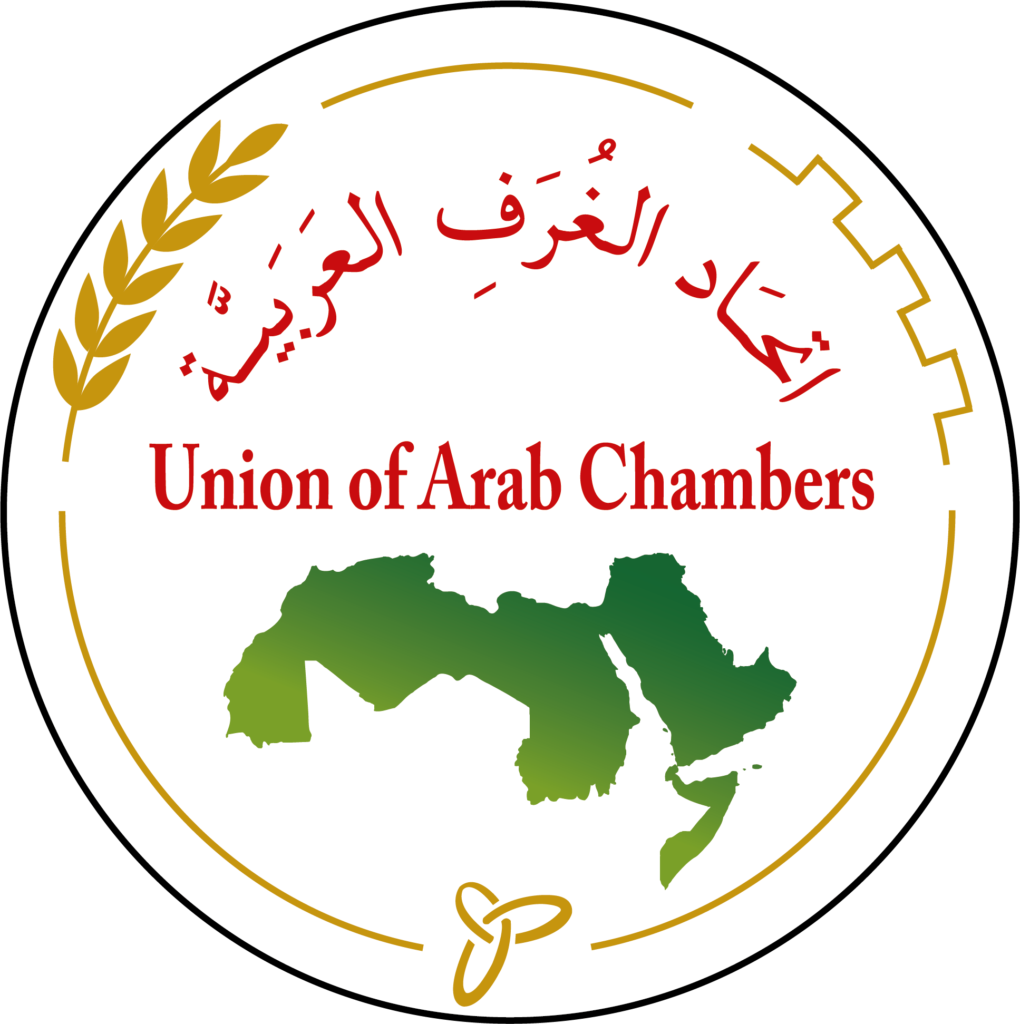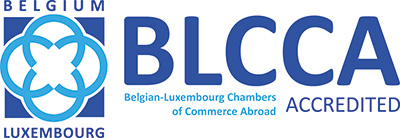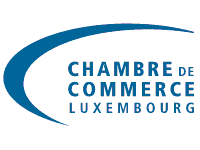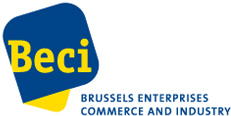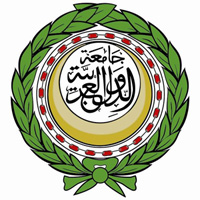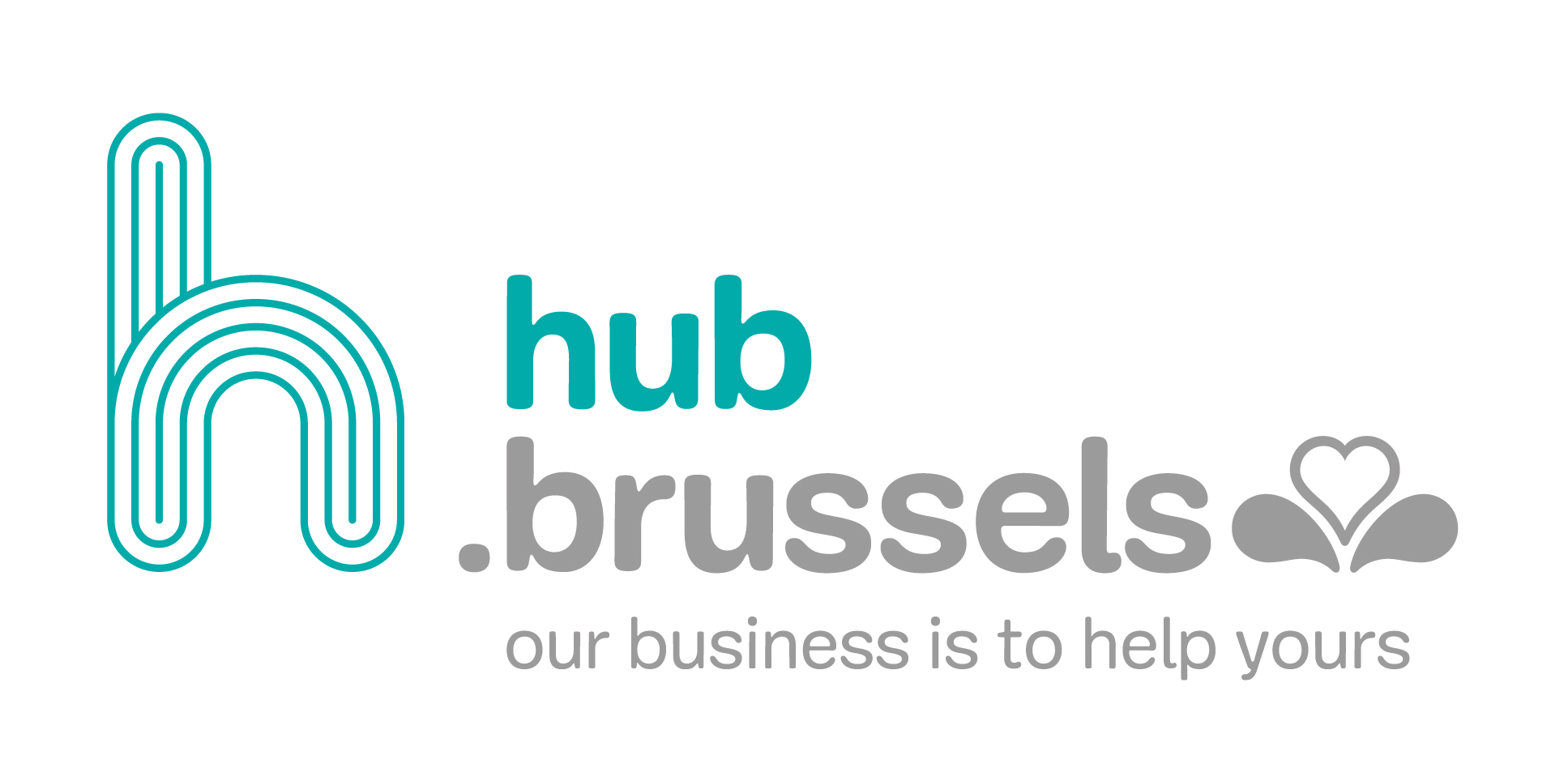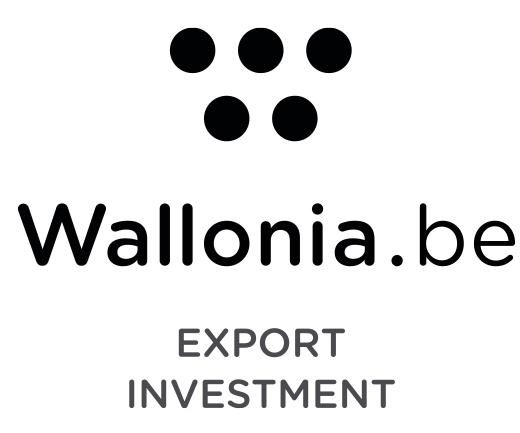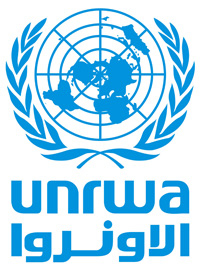Exclusive Interview with Jordan Minister of Plan, H.E.M. Imad Fakhoury
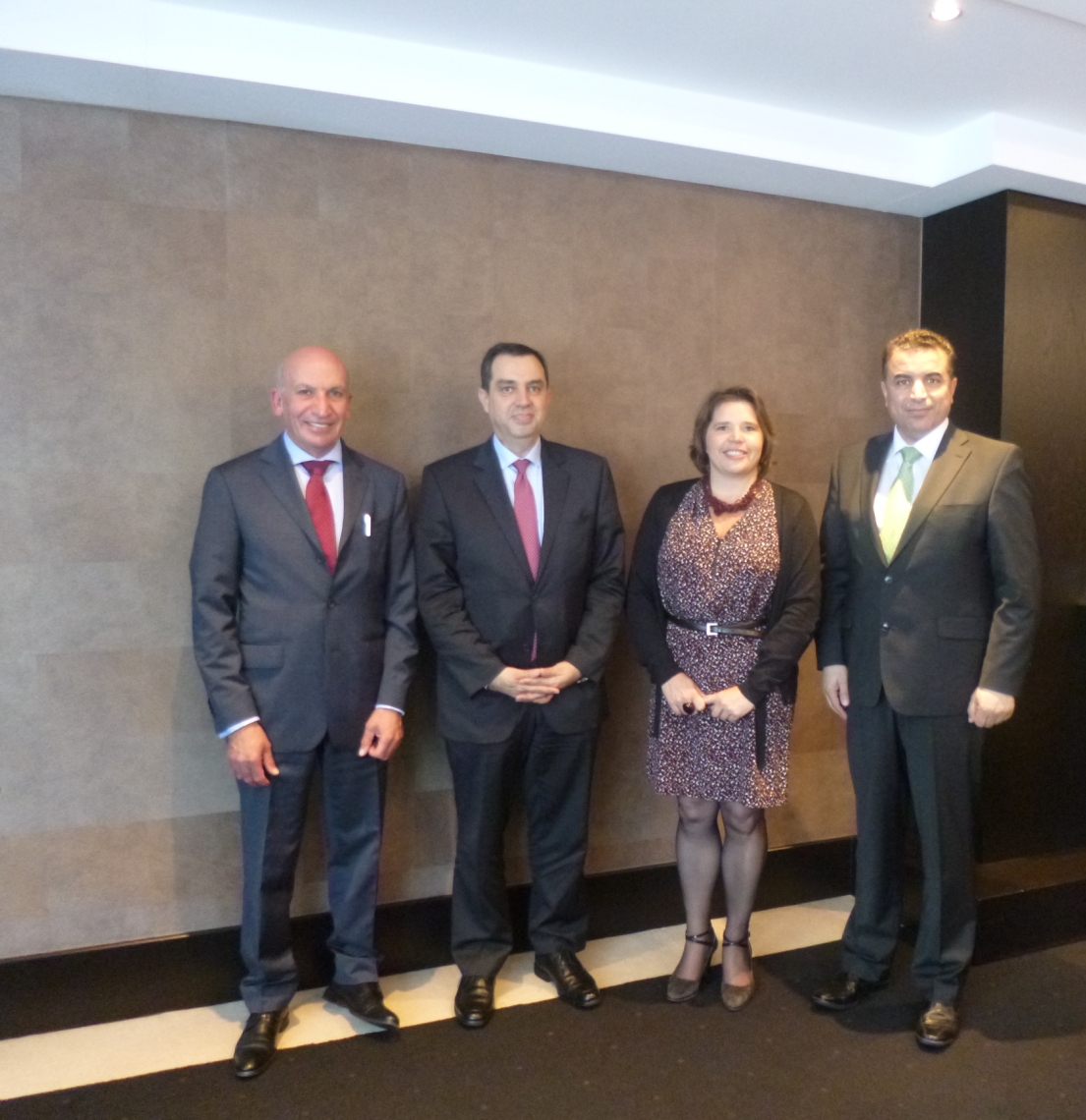
Frtl. : H.E. Dr. Yousef Bataineh, Ambassador of Jordan to Belgium and Luxembourg, H.E. Mrs. Cécile Jodogne, State Secretary for Foreign Trade, H.E.M. Imad FAKHOURY, Minister of Planning and International Cooperation of the Hashemite Kingdom of Jordan, Mr. Qaisar Hijazin, Secretary General of the ABLCC
Jordan has succeeded in turning challenges into opportunities
Prior to the Multisectoral Economic Mission to Jordan and Lebanon, scheduled in October 2015, and on the occasion of the visit of H.E.M. Imad FAKHOURY, Minister of Planning and International Cooperation of the Hashemite Kingdom of Jordan, the Arab-Belgian-Luxembourg Chamber of Commerce seized the opportunity to conduct an exclusive interview with H.E. Fakhoury to get a clear picture about the changing business environment in the country.
Your Excellency, in May 2015, the Government has launched a new ten-year socio-economic blueprint for the country “Jordan 2025: A National Vision and Strategy”. Could you elaborate on this?
Jordan 2025 was prepared through a comprehensive national consultative process seeking to achieve a prosperous, resilient, and inclusive economy driven by innovation, public private partnerships. Jordan 2025 includes over 400 policy measures to be implemented by different actors to support sustainable economic development over the coming decade.
As per the new vision, Jordan seeks by the year 2025 to increase GDP growth rate from 3.1 percent to7.5 percent in 2025, outstanding public debt to about 60 percent, reduce poverty rate from a current 14 percent to 8 percent, and decrease unemployment rate from 12.2 percent to about 9 percent, while increasing women’s participation in the labor market from 15 percent to 24 percent.
Additionally, Jordan 2025 focuses on a number of existing, emerging, and high potential clusters for growth, including: construction and engineering, transport and logistics, tourism and events, healthcare services, life sciences, digital and business services, education, high value added agriculture, and financial services.
The strategic location of Jordan makes it an easily accessible hub for businesses and a perfect gateway to regional and world trade and businesses. Could you give us an insight of the advantages that Jordan has on offer for foreign investors?
Jordan serves global companies as a manufacturing base and outsourcing center, an assembly and logistical gateway, a back office and consulting hub for firms wanting to access the MENA region and especially the GCC region, while its free zones, development areas, and business parks offer investors unique incentives and services to encourage business growth.
Companies benefit from direct access to regional and major international markets with a consumer base of over one billion people worldwide through multiple Foreign Trade Associations (diversifying exports and partners).
What is more, foreign investments enjoy incentives and benefits offered by the new Investment Law (of 2014), including exemption from custom duties, general sales tax and in some cases reduction on income tax.
There are no restrictions on foreign ownership except in a limited number of economic activities where a Jordanian partner is required. Besides, investments in development zones and free zones can be wholly owned by foreign investors.
Foreign investors enjoy privileges and guarantees, including national treatment, free movement of capital, protection against expropriation and options to resort to alternative dispute settlement mechanisms.
Last but not least, foreign investments enjoy facilitated registration and licensing services provided by the Investment Window (established recently at the Jordan Investment Commission as per the new Investment Law), in addition to support in obtaining visas and residency permits for investors, their families and employees as well as other services.
Jordan is a regional leader in renewable energy, ICT/outsourcing, healthcare, and pharmaceutical sector. To conclude, could you identify the various key sectors for Jordan’s future economic success?
Could you expand on this? The country has identified and recently launched nearly US$20 billion in new investment opportunities in the sectors of energy, transport, water, infrastructure, urban development, tourism and ICT to be delivered to a larger extent through public private partnerships.
• Energy: US$9 billion in investment opportunities in wind, solar, oil shale and gas pipeline with the aim of enhancing energy security, diversifying supply, developing infrastructure, and becoming a regional leader in renewable energy (wind and energy) in the region.
• Transport: U$2.54 billion in investment opportunities to upgrade transport services and improve mobility of people and goods in Jordan and the region, including railway, airports expansion and construction of new airports, and BRT.
• Urban Development: US$2.7 billion in investment opportunities to enable Jordan to modernize its cities and achieve sustainable economic growth. The country is looking into redesigning cities on multiple fronts and in several dimensions, including: improving urban resilience and modernity; fuelling innovation and promoting wellbeing; and creating more liveable, inclusive and sustainable cities.
• Water: U$1.2 billion in investment opportunities to strengthen Jordan’s water security, and boost internal water resources and network efficiency, including for example: Red Sea Dead Sea project, reuse of treated wastewater, and renewable energy for water pumping.
• Infrastructure: US$1.1 billion in investment opportunities to upgrade Jordan’s infrastructure and enable the country to meet its development goals, including: municipal solid waste-to-energy facility, BRT (operations, information and ticketing system), development of middle port, automated parking, Aqaba new port phase II expansion, and customs yard for containers.
• Tourism: US$800 million in investment opportunities to attract additional tourists and ensure that tourism remains a major driver of economic growth and job creation including hotels in Amman and Dead Sea area, and tourism faculties.
• ICT: US$175 million in investment opportunities to stimulate the sector’s growth and maintain Jordan as a regional leader in the ICT field.




















